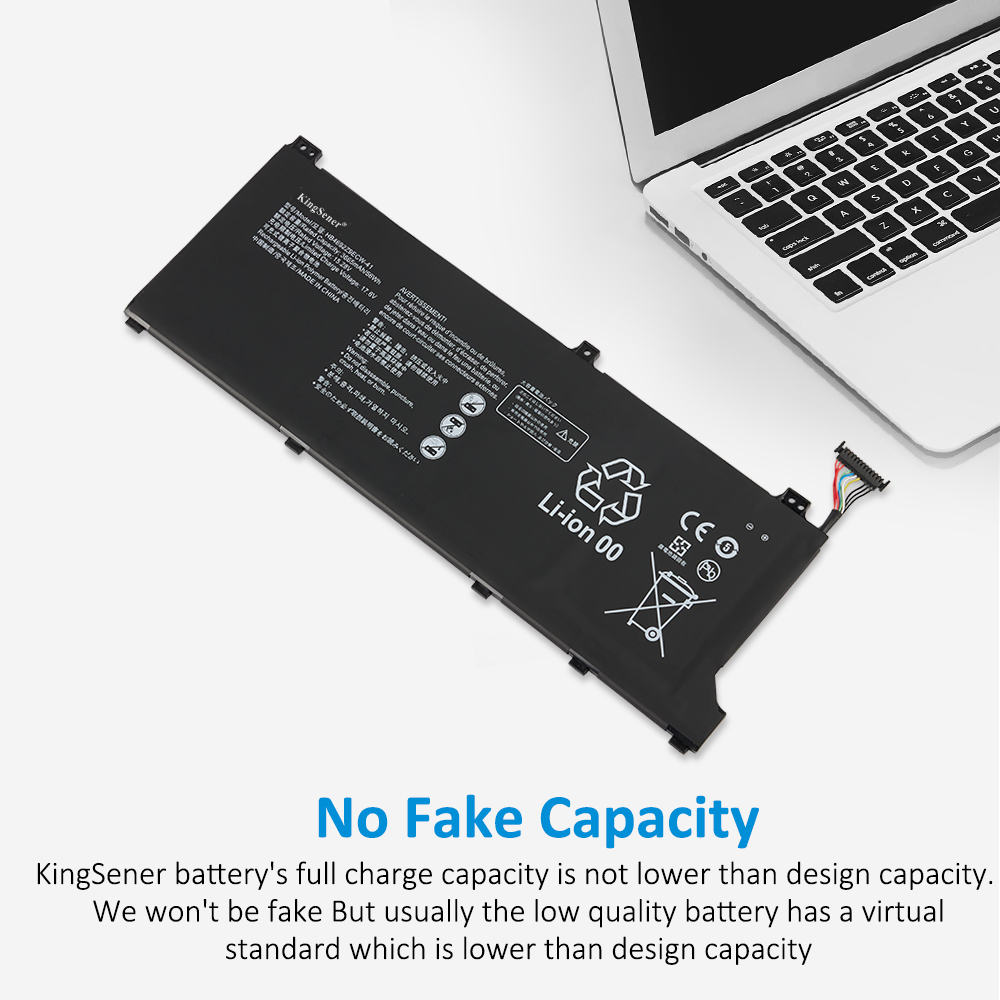The aging of laptop batteries is a gradual process, not a one-time event. It is not like a light bulb that suddenly goes out after reaching a critical point, but its performance gradually decreases. Judging whether a battery is “aged” and whether it can continue to be used requires comprehensive consideration of multiple factors, and cannot be simply answered with “yes” or “no”.
Signs of laptop battery aging
Battery aging is mainly reflected in the decrease of capacity and the reduction of charge and discharge cycles.
Battery manufacturers typically provide a battery’s expected lifespan in terms of the number of charge and discharge cycles, beyond which the battery’s performance will significantly decline.
A decrease in capacity means that the battery can provide less power under the same usage conditions, which directly affects the battery life of the laptop.
The reduction in the number of charge and discharge cycles will further aggravate battery aging and may cause an imbalance in the chemical reactions inside the battery, ultimately affecting the battery life and safety.
Factors that affect battery aging speed
There are many factors that affect the aging rate of batteries, including usage habits, ambient temperature, charging methods, the material and process of the battery itself, etc. For example, frequent deep discharge will accelerate battery aging; using or storing batteries at extreme temperatures will also damage the batteries; charging too fast or too slowly is also not good for the health of the battery; and the differences in materials and processes of batteries of different brands will also lead to different aging rates.
From a professional perspective, battery aging is a complex process that requires a comprehensive assessment of multiple factors. Relying solely on the capacity percentage displayed on the battery does not accurately reflect the actual battery usage. A battery with a capacity display of 80% may actually have a much lower remaining capacity than this value .
Can I continue to use my laptop after its battery ages?
Although an aged battery can continue to be used, its performance has significantly decreased, battery life has been shortened, and unexpected situations may occur during use.
If you continue to use a laptop after its battery ages, you need to pay attention to the following points:
Indirect impact: An aged battery may not be able to provide stable power, resulting in the loss of unsaved work or data in the event of a sudden power outage. It may affect the normal operation of the hard disk, and in extreme cases may cause data errors or the system to fail to boot.
Safety risks : Aging batteries may become deformed or bulge, which will not only damage the notebook case and motherboard, but also pose a potential risk of physical injury. Although the risk of explosion is small, batteries that are obviously bulging should be avoided.
Performance maintenance: When plugged in, battery aging will not directly affect computer performance, because the notebook will directly use the power supply after the battery is fully charged. However, it is not recommended to wait until the battery is almost exhausted before charging, which will accelerate battery aging.
Replacement and removal: If the battery is seriously aged, it is recommended to replace the battery. If safety permits, you can consider removing the battery to prevent potential risks, but this requires professional guidance to avoid damaging the notebook.
Daily maintenance: Pay attention to battery usage habits, such as avoiding overcharging and over-discharging, controlling the temperature of the usage environment, and replacing the battery in time to slow down the aging process.
The harm of laptop battery aging
The aging of the laptop battery may cause the system to misjudge the power level, causing it to suddenly shut down before the battery is completely exhausted.
The expansion of an aging battery can cause the laptop’s casing to warp or even damage internal components, while leakage can corrode circuit boards, causing irreparable damage.
These potential safety hazards are far more expensive than the cost of replacing batteries.
Replace the battery with a new one
It is a natural law that batteries age and will eventually need to be replaced. This is not a user error, but a reflection of technological limitations.
If the battery capacity decreases seriously, or abnormal charging and discharging occurs, it is necessary to replace the battery with a new one in time to ensure the normal operation and safe use of the laptop.
In short, whether a laptop battery can continue to be used after aging requires comprehensive consideration of multiple factors and cannot be simply judged based on intuitive feelings. It is recommended that users make the best choice based on actual conditions and combined with professional evaluation results.
If this article still doesn’t help your laptop battery, you can buy a new battery at BatteryMall.com
If you want to learn more about batteries, please visit: BatteryMall.com/blogs/support

